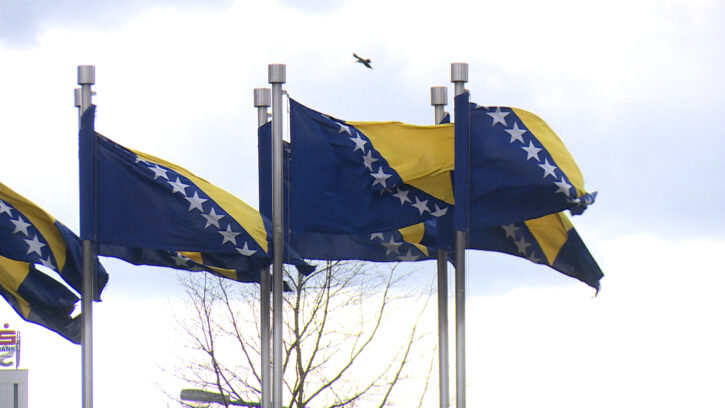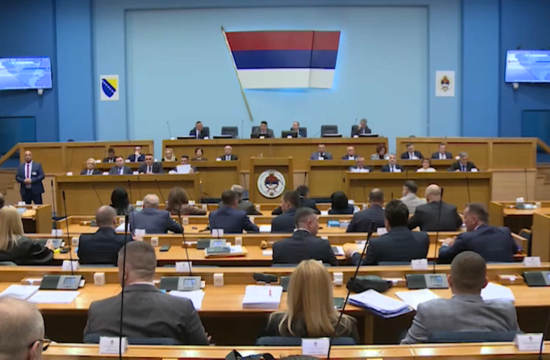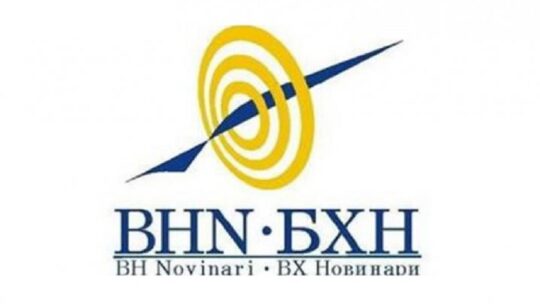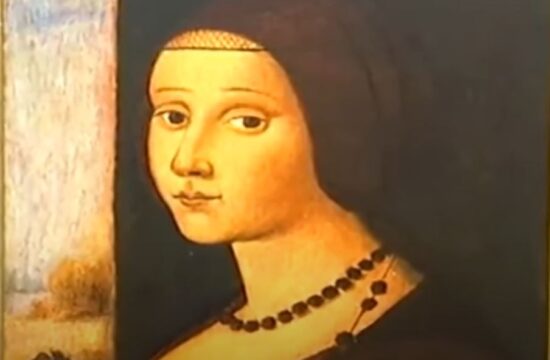
As in previous years ever since the country declared its independence in 1992, only half of Bosnia and Herzegovina is marking the Independence Day this Sunday, as the holiday is celebrated mainly by ethnic Bosniaks and Croats and their administrative half of the country. In the other, Serb-dominated half, March 1 is just a regular working day.
Bosnia declared independence in a referendum held on this date in 1992, with a 63.4 percent turnout and 99.7 percent of votes in favour of the country declaring the independence from ex-Yugoslavia.
On March 3, Chairman of the Presidency of Bosnia and Herzegovina Alija Izetbegovic declared the independence of what was initially called the Republic of Bosnia and Herzegovina, which changed into Bosnia and Herzegovina after the signing of the Dayton Peace Agreement (DPA) which ended the 1992-95 war that followed soon after the secession from Yugoslavia.
On April 7, 1992, the United States and then European Economic Community recognised Bosnia as an independent state, and the country joined the United Nations on May 22.
But opinions on the national holidays are divided between the country’s two semi-autonomous entities, Bosniak-Croat Federation (FBiH) and the Serb-majority Republika Srpska (RS).
Milorad Dodik, the Serb member of Bosnia’s tripartite Presidency recently said that there is no consensus in Bosnia on the state holidays, nor a law regulating this matter.
“Marking this non-existent holiday contributes to further confusion in Bosnia and Herzegovina and leads to even further divisions in the already divided country that Bosnia and Herzegovina is,” he stressed.
However, Valentin Inzko, the international administrator overseeing the implementation of the peace process and final interpreter of the Dayton Agreement, which contains the State Constitution, claims the opposite.
He recalled that a great majority of Bosnia’s population voted the country’s independence on March 1, 1992, and that the Constitutional Court resolved all disputes regarding this holiday.
“The Constitutional Court of Bosnia and Herzegovina ruled that this date is legal and until this changes the holiday can be celebrated,” said Inzko.





